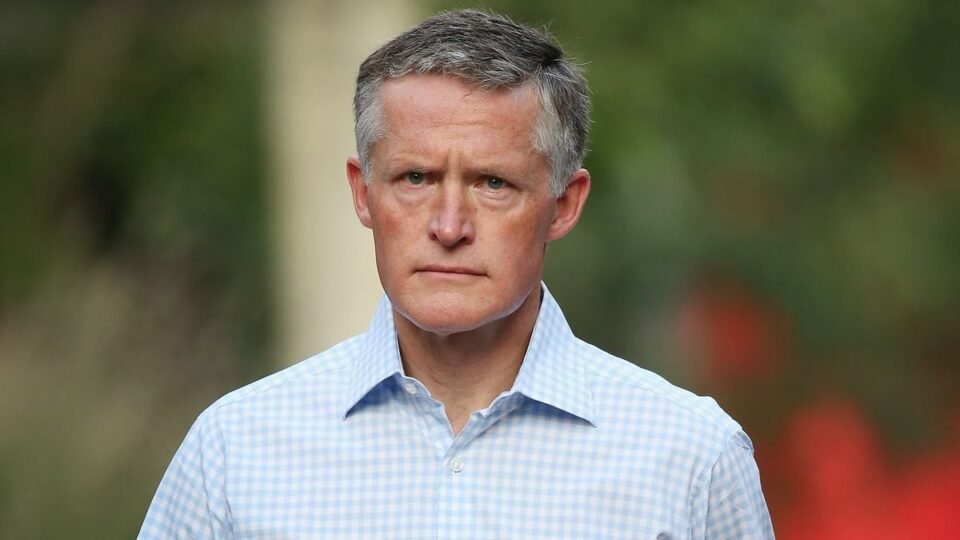Ole Andreas Halvorsen (Borge, Norway, 1961) has become one of the most influential investors. His hedge fund was the third with the highest absolute returns worldwide in 2023. Due to his low profile, he is largely unknown to the general public, but his firm manages assets worth $46 billion and he has amassed a fortune of almost $6 billion.
The name of the firm he created in 1999 is quite telling: Viking Global Investors. The same goes for the symbol of the company, a Nordic longship, ready to conquer all financial markets. Halvorsen’s background is also noteworthy. After completing his secondary education, he entered the Norwegian Naval Academy and joined the Special Operations unit of the Army, the Marinejeger Kommandoen, equivalent to the US Navy SEALs.
In the mid-1980s he left the Army and began his higher education in the US, first at Williams College in Massachusetts and then at the Stanford University business school, one of the most prestigious in the world, where he was recognized as one of the best three in his class. After finishing his university education, his meteoric financial career began: a few years at Morgan Stanley, followed by an executive position at Tiger Management, until 1999, when he decided to set out on his own.
Today, Viking Global Investors is one of the most renowned investment firms, with a business that invests in the stock market, accumulating assets worth $29 billion. Another side of its activity is dedicated to private assets. Gradually, it has risen to rub shoulders with the largest hedge fund companies, those vehicles that can invest without restrictions on asset type, hedging or leverage.
Last year, the firm achieved an aggregate return of $6 billion for its investors, according to data from LCH Investments, only surpassed by the giants Citadel and TCI. The boost came mainly from its positions in technology giants such as Amazon, in the credit card firm Visa and in the financial management software provider Workday. The Viking longship has been able to successfully ride the bullish wave of the US stock market. A year ago, Halvorsen sent a letter to the investors of his hedge fund, telling them: we are entering a very favorable environment for stock selection, with a wide spectrum of opportunities to generate more returns than the market.
However, he does not always work with bullish positions. Although this is its main strategy, Viking Global also has formulas that allowed it to take short positions against stocks in years of sharp stock market declines like 2020 or 2022.
In addition to its equity positioning, Viking Global Investors has a private assets division that invests in companies that are not yet publicly traded. They have $15 billion allocated to firms that are focused on the pharmaceutical and biotechnology sector (Day One Biopharmaceuticals, Ayana Bio, Pep Gen or RazeBio, for example); on computer security (Artic Wolf); or on sustainable materials (Evacative).
Unlike other hedge fund managers like Bill Ackman, Ken Griffin or Carl Icahn, who have a significant media presence, Andrea Halvorsen has always preferred to keep a low profile. He has gone years without granting any interviews and rarely attends international conferences. Additionally, access to his funds is very limited. Last year was an exception, as he allowed new investors to enter for the first time in 10 years.
Another side of Halvorsen is his involvement in sports. In 2012, at the age of 50, he participated in the classic cross-country ski race Marcialonga in Italy, which covers 70 kilometers over the snowy Alps. He finished with a time of 3 hours and 38 minutes, just nine more minutes than the competition’s star, Bjørn Dæhlie, winner of 12 Olympic gold medals. Now, at 61, Halvorsen, the Viking, remains in top shape and aspires to the podium of the world’s largest hedge funds.
Sign up for our weekly newsletter to get more English-language news coverage from EL PAÍS USA Edition

